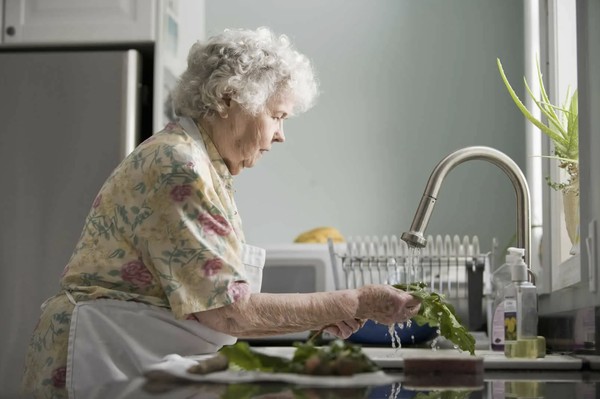What if skipping meals could be the body’s strongest medicine? A Nobel-winning truth about cells that clean themselves.
When we hear 'hunger,' we picture a growling stomach and discomfort. But what if temporary abstention from food is not a trendy diet but a powerful inner healing tool, approved by science? In 2016, Japanese scientist Yoshinori Ohsumi won the Nobel Prize for discovering autophagy — a process in which cells literally clean themselves from the inside. Autophagy matters because, without it, damaged proteins and worn-out parts build up, fueling inflammation and a range of diseases—from heart disease and diabetes to cancer and neurodegenerative conditions like Alzheimer's and Parkinson's.
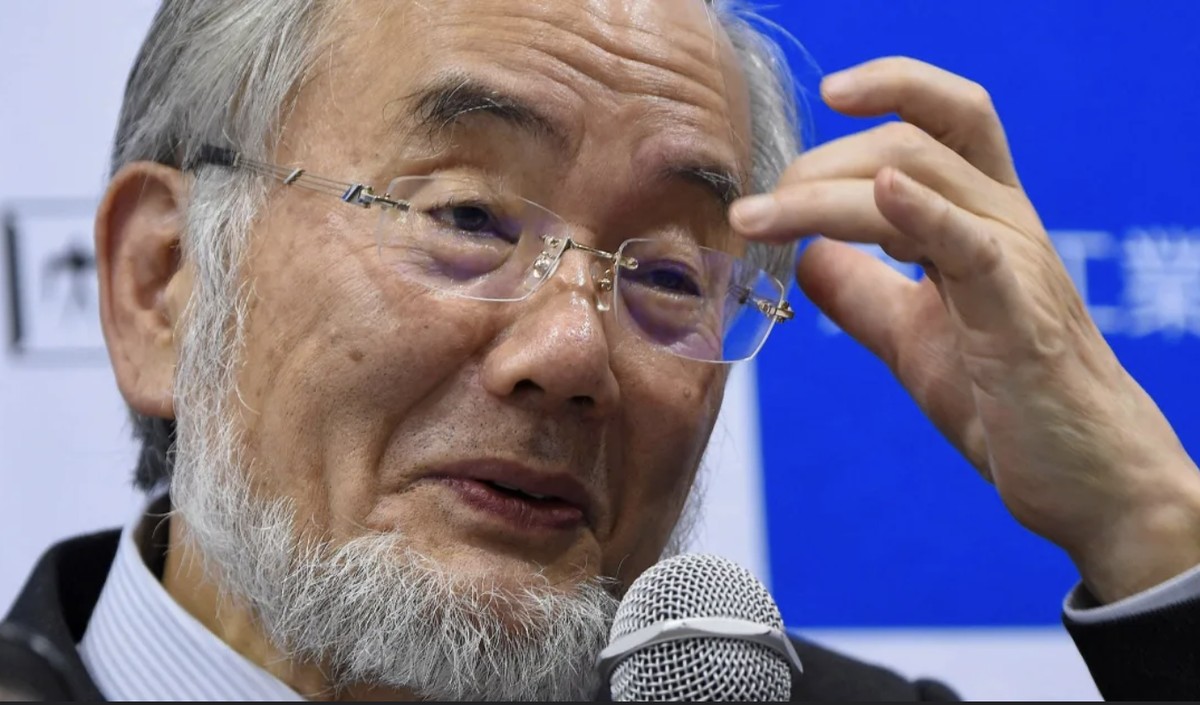
In This Article:
Autophagy: the cell’s internal recycling plant
Autophagy (from Greek 'self‑eating') is a natural process that runs in every cell. Think of it as a tiny recycling plant inside each cell. Old or damaged material is sent to lysosomes—the cell's garbage bins—where it is broken down and reused to build new, healthy components. If autophagy falters, harmful proteins and broken organelles accumulate, slowing the body's work and opening the door to inflammation and chronic disease. Even when we are sick, the body often reduces appetite. The instinct is: 'Don't interfere — I'll handle it.' A short pause in eating can help redirect energy toward fighting illness and healing.
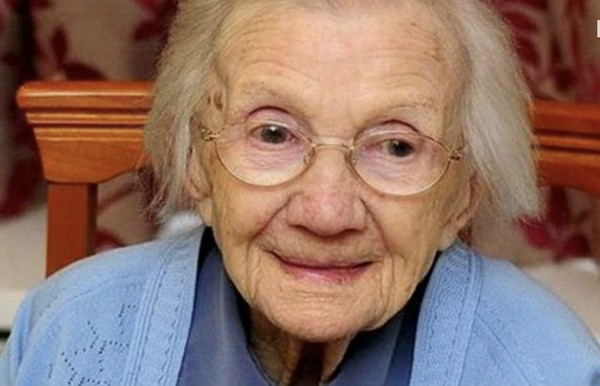
Illness, appetite, and the body’s clock: why fasting makes sense
On the wave of Osumi’s discovery, intermittent fasting has surged in popularity. But what actually happens during the fasting window? During illness, appetite often disappears. The body shifts its energy toward fighting viruses and repairing tissues, not digesting meals. We tend to push ourselves to eat anyway, equating meals with strength. But true strength can come when the body is allowed to clean house. Animals do the same: when sick, they rest and stop eating, trusting nature. Humans can choose a gentler path too. By giving the body time to pause between meals, we support its natural rhythms and the healing process.
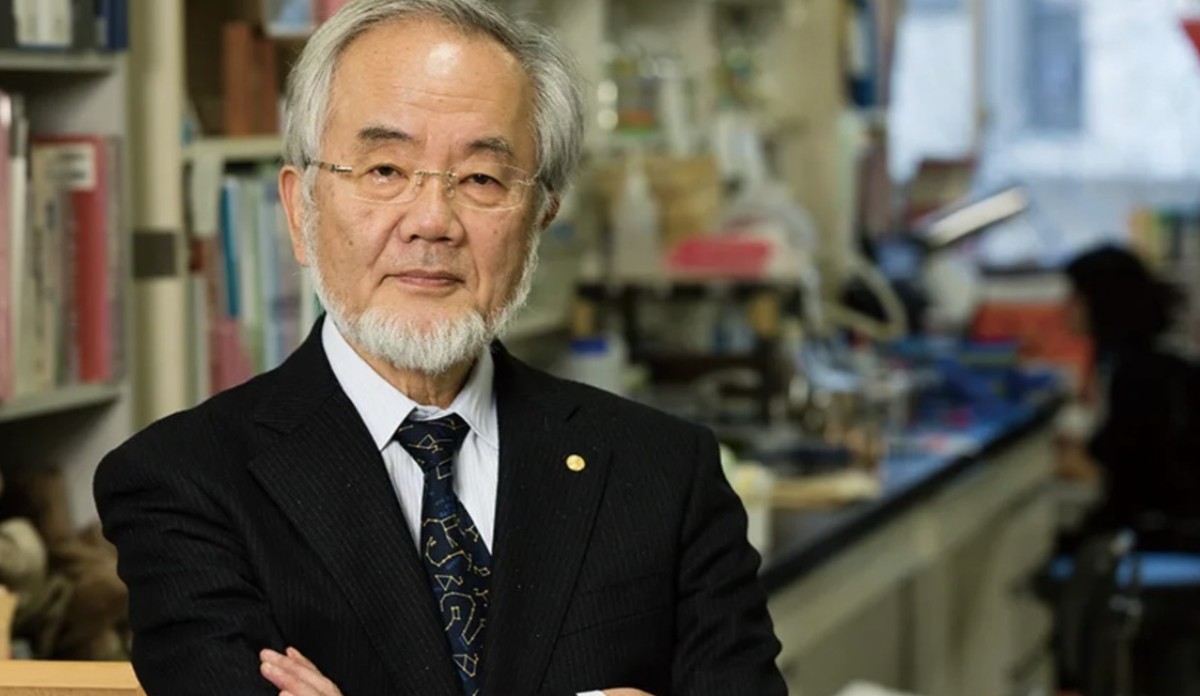
Intermittent fasting: shorter eating windows, better biology
Research shows that narrowing the eating window improves metabolism, focus, sleep, and blood pressure stability. The tighter the window, the more pronounced the benefits — this is biology, not a diet. Our internal clock is set by cortisol in the morning and melatonin at night. Eating late can throw this rhythm off, disrupting metabolism and aging. A simple approach: make breakfast the main, hearty meal and keep dinner light or skip it. By aligning eating with natural cycles, the body feels more comfortable and energized.
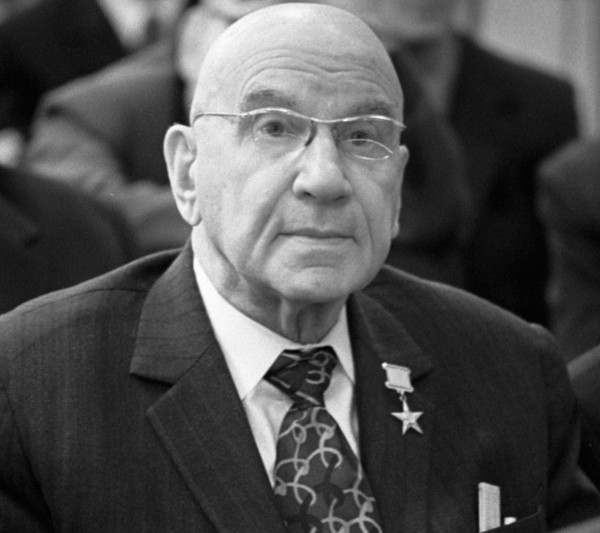
Starting gently: a humane, non-religious guide to using your body's healing clock
Starting tips: this is not a religion or punishment. Autophagy is a built-in system that helps the body repair itself with a little quiet between meals; you just need to give it some space. If the idea of fasting triggers anxiety, start small: skip a late snack, shift your first meal earlier, and gradually shorten your eating window. We live in a world of too much food, too often, and too late. Our bodies are patient and forgiving, but they also whisper: give me some silence, and I will mend the rest. Yoshinori Ohsumi's work opened millions of eyes to food as a tool for health and longevity, not just a constant necessity. Join a closed Telegram channel — a safe space where a psychologist and energy practitioner share proven breathing techniques and exercises to reduce anxiety and stress. Free entry.
